Braces & Clear Aligners
Change Your Smile, Change Your Life
Dr. Long and our team at Central Illinois Orthodontics believe that a happy, healthy smile can work wonders in your life.
You and your family deserve the best, and that’s what you’ll find at our practice. No matter your smile goals, we have a treatment option that’ll work for you.
Life With Braces
Whether you have chosen traditional metal braces or our 3M™ Clarity™ Aligners, life with braces is initially going to be slightly different than you’re used to. The inability to eat certain foods, soreness, and the feeling of loose teeth after treatment are a few of the most common experiences you will face once your braces are installed.
Fortunately, any uncomfortable sensations are only temporary and should go away within the first week or so of the beginning of your braces treatment. One of the most important things to consider when it comes to having braces is eating foods that will not damage your brackets or wires.
To make things easier, we’ve asked Dr. Long to recommend a few different foods to enjoy and avoid.

Foods to Enjoy
There are several foods you can consume regularly including:
- Cheese
- Pudding
- Pasta
- Pancakes
- Muffins
- Rice
- Chicken
- Meatballs
- Lunch Meats
- Tuna
- Salmon
- Mashed Potatoes
- Spinach
- Beans
- Applesauce
- Bananas
- Ice Cream
- Jell-O
Foods to Avoid
Avoid chewy, crunchy, sticky, and hard foods including:
- Popcorn
- Chips
- Ice
- Chewing Gum
- Licorice
- Bagels
- Nuts
- Hard Candies
- Apples
- Carrots
Frequently Asked Questions About Orthodontics
We know that whether you’re a new patient or a returning one, you probably still have questions about your oral care. At Central Illinois Orthodontic Associates in Peoria, IL, we’re here to answer all your orthodontic frequently asked questions.
Read below to find the answers you seek, but if you still have questions, feel free to call our office and we’ll always make time to assist you.
How do I know if I need braces?
That question can only be answered accurately by visiting an orthodontist for an exam and consultation. Orthodontic treatment aims to develop a set of teeth that are both comfortable and functional for life.
With our extensive experience and diverse treatment options, we're committed to ensuring you achieve your best smile, no matter your situation.
What options do you have for braces?
We offer metal, ceramic, and Clarity braces, as well as clear aligners. Today's standard metal braces are much nicer than those of the past. Review your options with your orthodontist to determine what type of treatment will be best for you.
What is the ideal age for orthodontic treatment?
The American Association of Orthodontists recommends that all children be evaluated by an orthodontist at seven years old to screen for developmental problems. However, healthy teeth can be moved at any age; we regularly treat adult patients.
Your orthodontist may work with your primary care dentist to help you achieve ideal dental health.
I lost my retainer, what should I do?
Call your orthodontist immediately to arrange for a replacement retainer. Without your retainer, your teeth could move and impede the progress you’ve made.
Is your orthodontist board certified?
Yes, our orthodontist Dr. Long is board certified by the American Board of Orthodontics. He earned his Bachelor’s and Doctorate degrees from Southern Illinois University, and his Master's Degree and Certificate of Orthodontics and Dentofacial Orthopedics from the University of Alabama at Birmingham.
He is also an active member of the American Association of Orthodontists, ADA, ISDS, and PDDS.
What kind of oral hygiene routine do I need after a treatment?
Any special instructions will be given to you, based on the kind of orthodontic treatment you have received.
General guidelines include avoiding hard, crunchy, or sticky foods, especially with braces, not chewing on hard objects or ice, and possibly using dental products or tools that might be helpful. See your dentist for professional checkups and cleanings every 6 months.
What kind of ortho treatments do you specialize in?
We offer metal, ceramic, and Clarity braces, as well as clear aligners and bracket options depending on the patient's conditions such as crossbite, overbite, underbite, missing teeth, spacing, etc.
Do you offer financing options?
Many orthodontists provide financing for as long as 24 months with no interest and offer a variety of payment plans to make orthodontic care affordable. We have a policy on payment plans in place—contact us to find out more.
 Free Consult
Free Consult